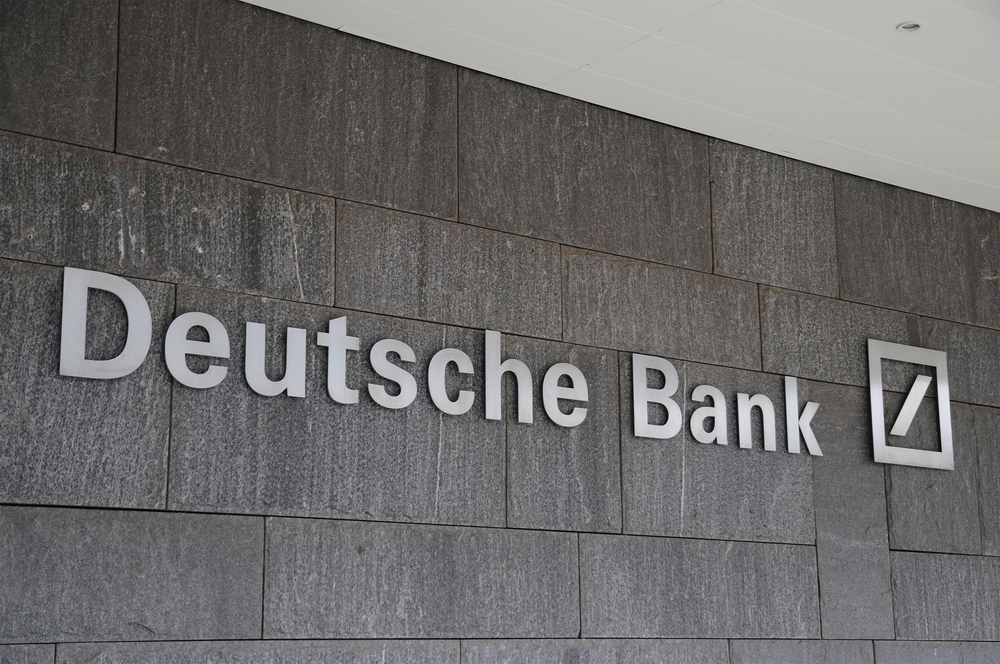We constantly hear about how technology, robots, and computers are coming to replace us in the workplace. However, some jobs are at higher risk than others. For this reason, many people who are not in low-skilled or manual labor positions often feel somewhat safe from the oncoming technology revolution. Deutsche Bank, the large international financial institution, recently cast doubt on this kind of thinking when its CEO alluded to replacing the company’s workers with technology.
Bankers’ and Accountants’ Jobs may not be Safe
The CEO of Deutsche Bank, John Cryan, recently made it clear that workers in the financial industry are not necessarily safe from automation. He said that a “big number” of its employees could lose their jobs to technology as the firm moved forward and embraced their “revolutionary spirit.” He specifically mentioned bankers and accountants as being the most vulnerable, and went so far as to term them “abacuses,” comparing these roles to the now obsolete computation technology.
While this may come as a surprise to some people, it is not all that outlandish. Many banker and teller jobs have already been replaced with ATMs and other machines. In fact, if you go into a bank branch today, the likelihood that you’ll see empty offices and counters is pretty high. This is because computers and technologies like ATMs are cheaper to operate, work around the clock, and are not prone to the same errors that humans can make.
Cryan did not provide an exact amount or estimate of how many people would be affected by the coming changes, other than saying it would be a “big number.” He did state that the company would have to find new roles for affected individuals, which indicates that there may be other jobs available for people. He concluded, however, by saying that the company simply would not need as many people to do business in the future.
Yet Another Case for Universal Basic Income
Hearing the CEO of Deutsche Bank remind us that practically all jobs are at risk of automation is sobering. Very few people can comfortably sit back and not have to worry about whether or not a computer can and will be replacing their job. While Cryan mentioned that his bank will have to find other work for people, another solution may simply be universal basic income. A high-level view of what this is would be taxing companies using robots and distributing a set amount of money to every citizen regardless of their employment or socioeconomic status. This would help combat poverty and free up more time to just be human.
A recent survey in the UK shows that about half of the British population supports universal basic income in the face of automation. While 49% were fully in favor of basic income, only 25% were wholly against the idea. This demonstrates that the concept of universal basic income has gone from a concept once relegated to the radical left to something far more mainstream. It may be the best way to avoid a massive economic and employment crisis in the future.

